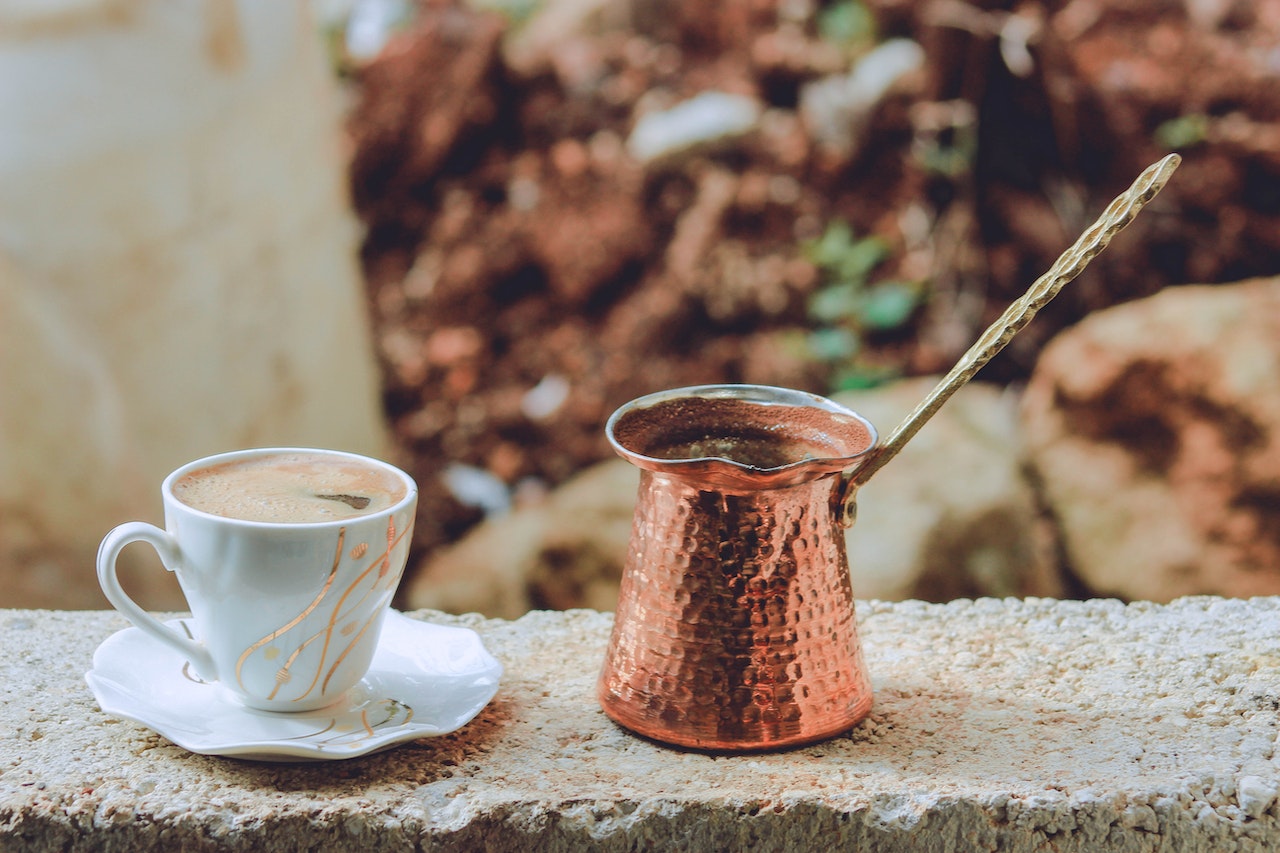Every culture has its own set of topics considered sensitive or taboo, and Turkey is no exception. While Turks are generally warm, hospitable, and open-minded, there are certain subjects that tend to be approached cautiously or even avoided in conversations. In this article, we delve into the unspoken topics that Turkish people tend to tread lightly on, shedding light on the cultural nuances and sensitivities surrounding these subjects.
Politics and Political Figures
Politics in Turkey can be a highly charged topic. The country has a diverse political landscape with various parties and ideologies. Discussions about politics can quickly become polarizing, leading to heated debates and potential disagreements. Many Turks prefer to keep their political beliefs private to avoid unnecessary conflicts or strained relationships.
Religion and Islam
While Turkey has a predominantly Muslim population, conversations about religion can still be sensitive. The country practices a unique blend of secularism and Islamic traditions. While Islam holds a significant place in Turkish society, discussions about religious beliefs, interpretations, or controversies surrounding religious figures can evoke strong emotions. It’s important to approach religious topics with respect and sensitivity.
Ethnicity and Kurdish Question
Turkey is home to a diverse array of ethnic groups, with Kurds comprising a significant portion of the population. Discussions about the Kurdish question, which revolves around issues of identity, cultural rights, and political aspirations, can be delicate. The topic has historical and political complexities, and opinions may vary significantly. Sensitivity and empathy are necessary when engaging in conversations related to ethnic identities.
Atatürk and Kemalism
Mustafa Kemal Atatürk, the founder of modern Turkey, and Kemalism, the ideology associated with him, are revered by many Turks. Atatürk’s legacy and principles, such as secularism and modernization, are highly regarded. However, discussions that question or criticize these ideals can be seen as disrespectful or provocative. It is advisable to approach conversations about Atatürk and Kemalism with care and refrain from challenging deeply held beliefs.
LGBTQ+ Rights and Sexual Orientation
Discussions about LGBTQ+ rights and sexual orientation can still be sensitive in Turkish society. While there is a growing acceptance and visibility of the LGBTQ+ community, conservative attitudes prevail in some segments of society. Openly discussing sexual orientation or engaging in conversations related to LGBTQ+ rights may elicit mixed reactions. It’s essential to approach these topics with empathy, respect, and a willingness to foster understanding.
Armenian Genocide
The topic of the Armenian Genocide during the final years of the Ottoman Empire remains a sensitive subject in Turkey. The historical events, terminology, and recognition of the genocide continue to be debated globally. Public discussions regarding this topic can be met with a range of reactions, including denial or defensiveness. It is crucial to approach discussions on this subject with sensitivity, acknowledging the emotional significance it holds for many people.
Navigating Cultural Sensitivities
Turkey, like any other country, has certain topics that are approached with caution or even avoided in conversations. Sensitivities surrounding politics, religion, ethnicity, historical events, and LGBTQ+ rights are deeply ingrained in Turkish society. Understanding these sensitivities and approaching discussions with empathy, respect, and cultural awareness is key to fostering healthy conversations and building bridges of understanding. By acknowledging and respecting these taboos, both locals and visitors can navigate the cultural landscape of Turkey with sensitivity and appreciation for the diverse perspectives that shape the nation.


